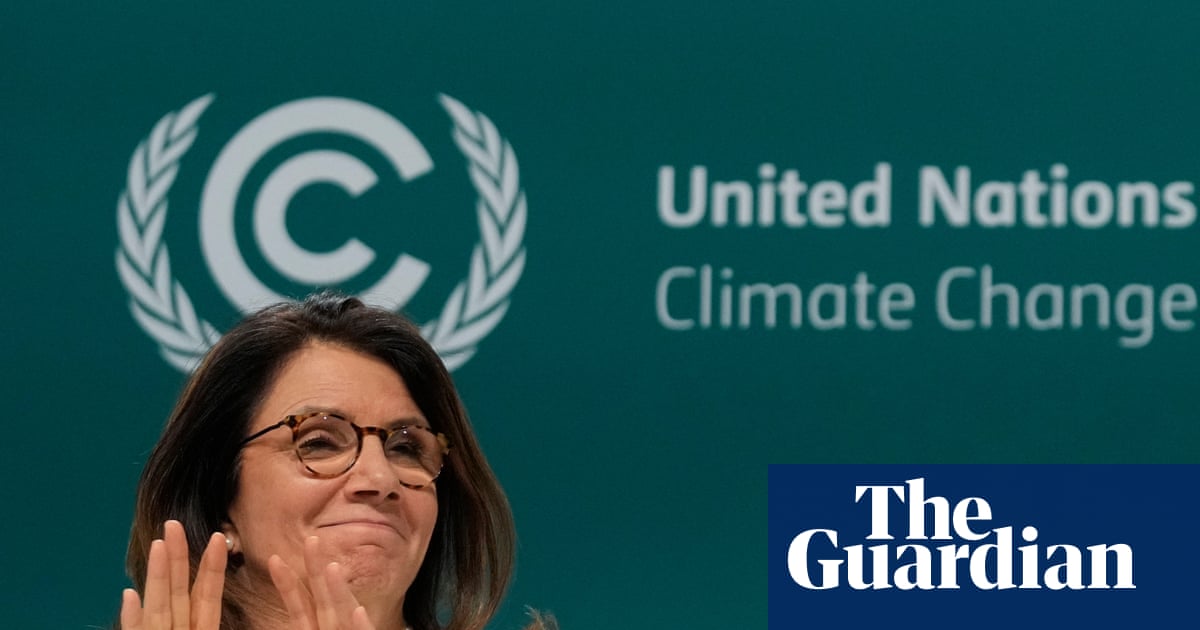Climate Crisis: A Call to Action Before COP30
Ana Toni, the leader of COP30, which will take place in Brazil this November, expresses deep concern about our global focus. With just months until this vital summit, the world’s climate strategy feels stagnant. Only about 30 out of 200 countries have made real plans to meet the goals set in the 2015 Paris Agreement.
The climate crisis is worsening. Over the past two years, global temperatures have exceeded 1.5°C above pre-industrial levels for the first time. This limit, crucial for avoiding severe climate impacts, has already been breached. Meanwhile, political climates shift as the United States retreats from the Paris Agreement, and disputes within the EU could hamper effective action. China, the largest emitter of greenhouse gases, is considering underwhelming targets that might push the world toward even greater warming.
The diversion of leaders’ attention to conflicts elsewhere raises alarms. As military spending increases, crucial climate funding shrinks. Michai Robertson, an advisor for small island states, highlights the fear that climate concerns may be overlooked amid military agendas.
Experts warn that failure to address emissions quickly could lead to irreversible climate damage. Heatwaves, floods, and species extinction are just a few consequences of surpassing the 1.5°C threshold. Anna Rasmussen from the Alliance of Small Island States emphasizes that small nations bear the brunt of disasters, like Hurricane Beryl, which struck the Caribbean with unprecedented force last year.
Since the Paris Agreement was signed, emissions have only risen. Scientists now warn that we can produce carbon at current levels for just two more years if we want to keep temperatures in check. The recent preliminary talks in Bonn revealed a worrying lack of urgency, with discussions derailing over non-essential issues rather than focusing on critical climate points.
At COP30, countries are expected to present their Nationally Determined Contributions (NDCs), outlining how they plan to cut emissions. Brazil urges nations to submit their NDCs by September, but many are still lagging. Toni stresses that the lack of ambitious or even quality contributions is unacceptable.
China’s position is especially noteworthy. As a leader in renewable energy, it could significantly reduce emissions by 2035, yet plans to propose only modest cuts. Analysts are concerned that a recent boom in coal projects could reverse progress.
The European Union, too, faces challenges. Isolated disagreements over a carbon target for 2040 could hinder progress. Arunabha Ghosh, a prominent think tank leader, emphasizes the importance of action over empty promises.
While some countries, like the UK with ambitious targets, have made strides, others remain stagnant. None have updated their immediate targets, raising alarm bells that we could miss the 2030 deadlines critical for staying within the 1.5°C limit.
Financial support for developing nations is crucial for meeting climate commitments. The US withdrawal from climate finance complicates matters. Leaders like Juan Carlos Monterrey Gómez stress the need for concrete financial plans.
Brazil aims to address fossil fuel reliance but may avoid confronting controversial topics at COP30. Activists are concerned that this avoidance could stifle necessary discussions.
Despite these challenges, Brazil’s goodwill as a host could foster collaboration. The country plans a global ethical stocktake, ensuring diverse voices, including Indigenous communities, are heard.
However, the effectiveness of COP30 will ultimately depend on the NDCs prepared ahead of time. Toni acknowledges this frustration, stressing the need for nations to take responsibility for their climate commitments.
Without bold decisions, our window of opportunity could close. The climate crisis demands our focus now.






















